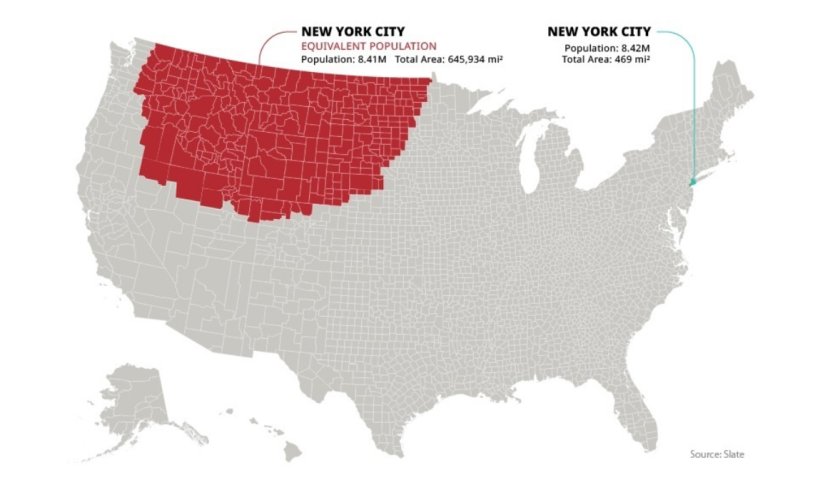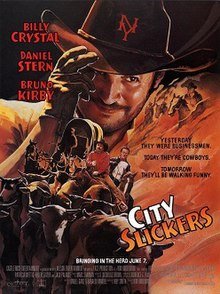antlerradar
Well-known member
I just wish he had finished, Then he would be making double what I do. I have the collage degree and finished near the top of my class. I could have stayed in school and or went to work at a bank like many of my classmates did. I am sure I would be making more than double what my son does now and be nearing retirement if I had taken that path. Happy with the path I took, setting in an office, living in the city just doesn't appeal to me that much. Some things are worth more than the money.Be glad yours went to school.
Last edited:








